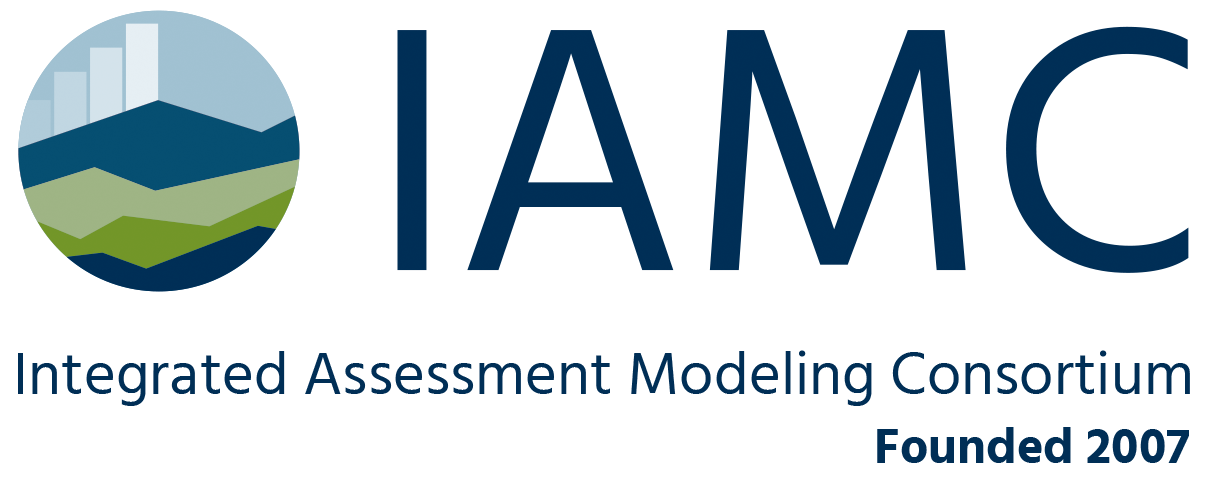Marina ANDRIJEVIC
 During the Seventeenth IAMC Annual Meeting held online on 4-6 November 2024, the Integrated Assessment Modeling Consortium was proud to honour Marina Andrijevic (IIASA) with the Early Career Researcher Award for contributions to the socioeconomic dimension of integrated assessment modelling, including her recent paper on adaptive capacities.
During the Seventeenth IAMC Annual Meeting held online on 4-6 November 2024, the Integrated Assessment Modeling Consortium was proud to honour Marina Andrijevic (IIASA) with the Early Career Researcher Award for contributions to the socioeconomic dimension of integrated assessment modelling, including her recent paper on adaptive capacities.
Andrijevic, M., Schleussner, CF., Crespo Cuaresma, J. et al. Towards scenario representation of adaptive capacity for global climate change assessments. Nat. Clim. Chang. 13, 778–787 (2023). https://doi.org/10.1038/s41558-023-01725-1 Download citation
Marina Andrijevic, a research scholar in the Integrated Assessment and Climate Change research groups of the IIASA Energy, Climate and Environment Program, was awarded the prize for her fundamental and outstanding contributions towards understanding and developing socioeconomic drivers for use in the integrated assessment and global change research communities. This includes work on national SSP projections for socioeconomic factors like governance and gender equality, which are widely used by the IAM community and beyond. Subsequently she has led thinking on the importance of considering differentiated adaptive capacities, for people, sectors and institutions, and the importance of integration in IAM scenarios. This is showcased in a recent Nature Climate Change paper “Towards scenario representation of adaptive capacity for global climate change assessments” that illustrates a framework for developing scenarios of adaptive capacity and integration within wider global climate scenario frameworks and processes. Ultimately, these contributions pave the way towards improved IPCC WGII-WGIII linkages, permitting more integrated assessments of impacts, mitigation and adaptation, a critical frontier of IAM research.
Her contributions expanded the scope of the IAM community into new areas of research and has been key to providing a bridge to social science communities, a component of integrated assessment modelling that has long been challenging to address. Recently, she also led the development of the SSP Extensions Explorer, a website curating socioeconomic extensions of the SSP drivers to enrich representation of socioeconomics in global change research.


